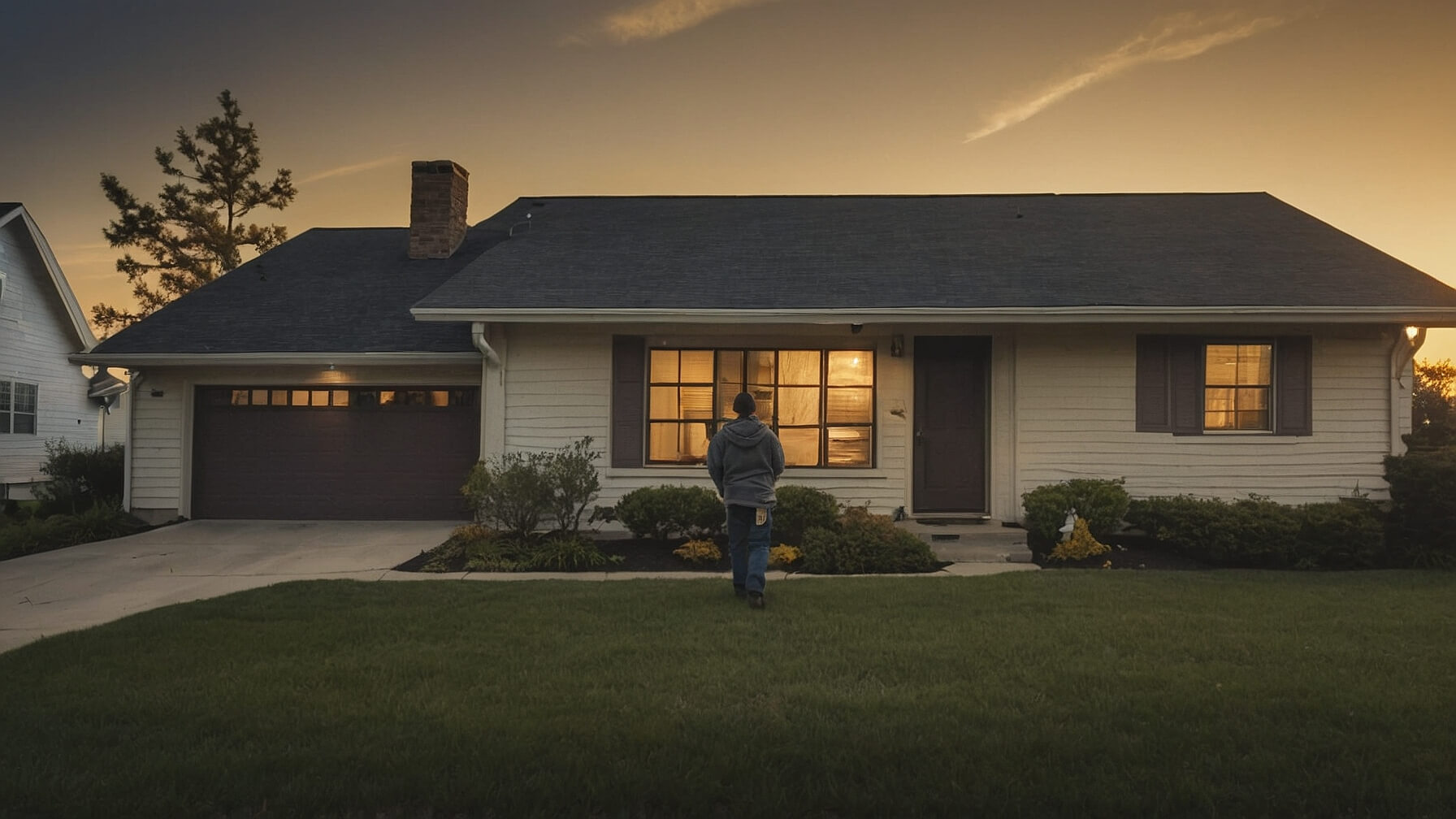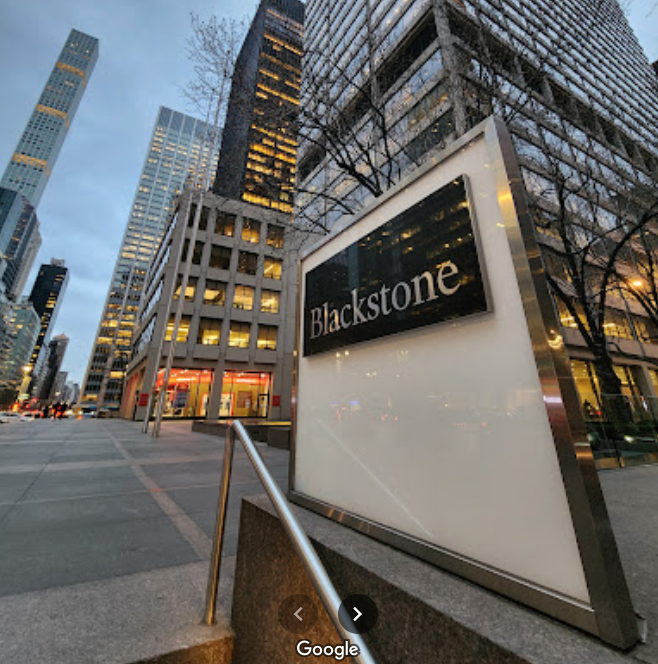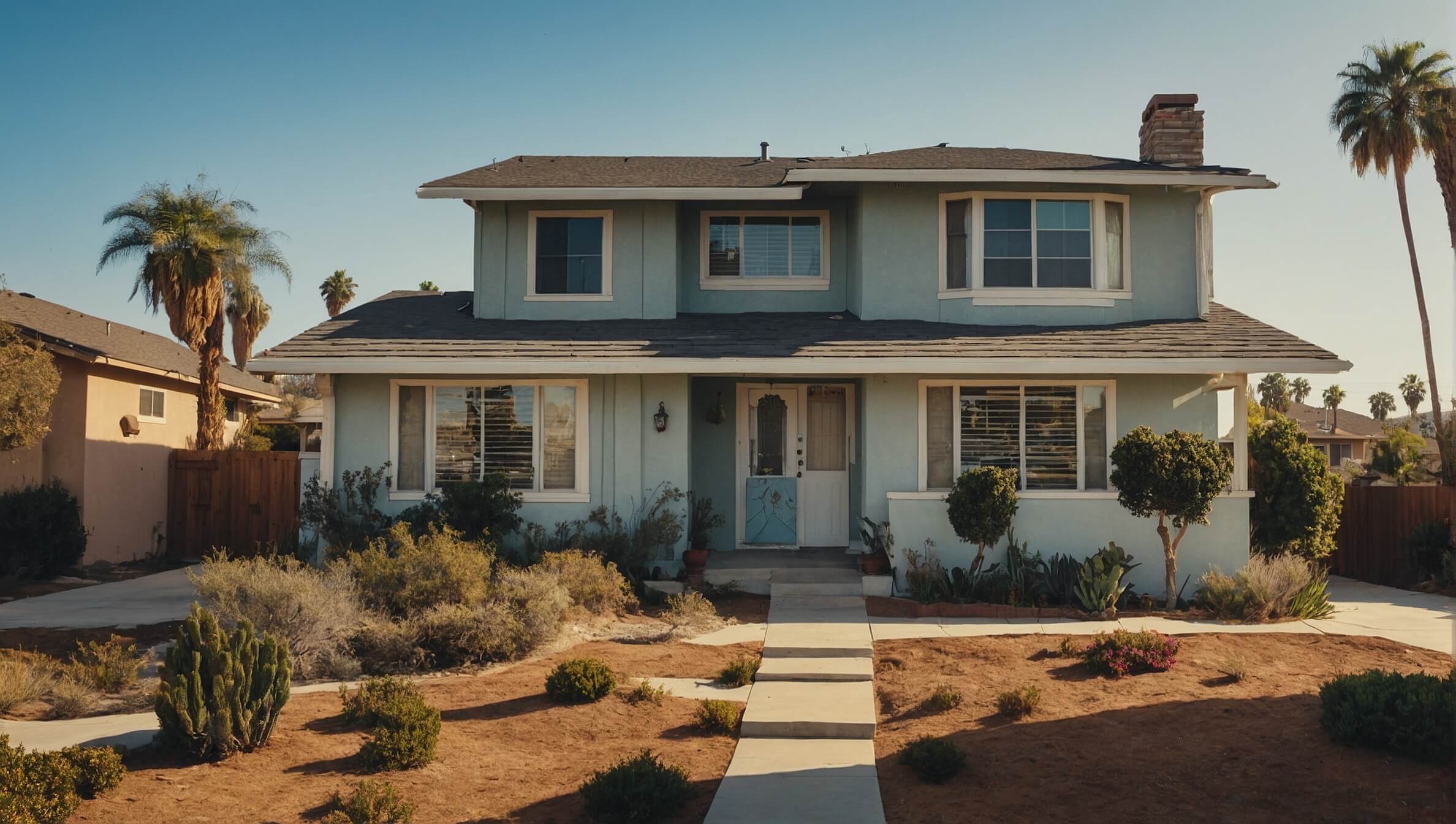By Freddi Avila
Your Rights and Where to Get Help
California and federal laws protect homeowners during a foreclosure:
- California’s Homeowner Bill of Rights: This law safeguards homeowners facing foreclosure based on mortgage debt. It includes:
- The requirement for the lender or servicer to contact you (or at least try to) to discuss ways to avoid foreclosure before starting the process.
- Providing you with one person to contact during the foreclosure process.
- Prohibiting the lender from moving forward with the foreclosure while your loss mitigation application is pending (called dual tracking).
- A homeowner can sue if the lender violates these laws. Federal laws also protect homeowners during foreclosure.
- Legal Help: Find out where to get free or low-cost legal help. There are also non-profit organizations, like the Housing and Economic Rights Advocates (HERA), that offer free legal information.
- Mortgage Assistance: Talk to a Department of Housing and Urban Development (HUD) approved housing counseling agency to get more information about mortgage assistance options. Some counties have grant funds (money) to help you. A counseling agency should be able to help you find out about grants.
How the Non-Judicial Foreclosure Process Works
Usually, before the foreclosure process starts, the lender sends many letters demanding payment. If they want to start foreclosure, they’ll need to follow the steps and timeline below:
- The lender must contact you and anyone else on the mortgage loan to
- Assess your financial situation.
- Explore your options to avoid foreclosure (called a “foreclosure avoidance assessment”).
- Tell you that you have a right to ask for another meeting to talk about how to avoid foreclosure. If you ask for one, they must schedule it to take place within 14 days.
30 Days After Contact, Lender Can Record a Notice of Default:
Thirty days after contacting you, if you and the lender have not worked out a plan to avoid foreclosure, the lender can record a Notice of Default in the county where your home is located. The lender sends you a copy of this notice by certified mail within 10 business days of recording it. You have 90 days from the date that the Notice of Default is recorded to “cure” (fix, usually by paying what is owed) the default. You can use this time to try to negotiate a loan modification or repayment plan.
Beware of Foreclosure Rescue Scams: Fraudulent companies can search the public records to send defaulted borrowers offers to “help.” These fraudulent companies could take your money and then do nothing to help. A housing counselor, approved by the U.S. Department of Housing and Urban Development (HUD), may be able to help you for free.
90 Days Later, Lender Can Record a Notice of Sale
Starting 90 days after the lease was recorded, if you do not pay what you owe, a Notice of Sale is recorded. The Notice of Sale states that the trustee will sell your home at auction in 21 days. The Notice must:
- Be sent to you by certified mail.
- Be published weekly in a newspaper of general circulation in the county where your home is located for 3 consecutive weeks before the sale date.
- Be posted on your property, as well as in a public place, usually at your local courthouse.
- Include the date, time, and location of the foreclosure sale, the property address, the trustee’s name, address, and phone number, and a statement that the property will be sold at a public auction.
21 Days Later, the Property Can Be Sold
At least 21 days after the date when the Notice of Sale is recorded, the property can be sold at a public auction. At the auction:
- The successful bidder must pay the full amount of the bid immediately with cash or a cashier’s check.
- The lender usually bids in the amount of the balance due plus the foreclosure costs. If no one else bids, your home goes to the lender, and the successful bidder gets a trustee’s deed once the sale is complete.
After the Foreclosure
Whoever buys your home can’t just change the locks. The new owner must serve you with a 3-day written notice to quit (move out). If you don’t move out in the 3 days, they must go through the formal eviction process in court to get possession of the home. That process typically takes several weeks.
If your home was foreclosed on by your HOA, you have more time to regain your home. You have 90 days after the foreclosure sale to pay off any amount owed to regain ownership.
For Further Assistance:
For expert guidance and support in navigating foreclosure processes in California, contact House Debt Relief, led by Freddie Avila (Foreclosure Consultant). Reach out at 310-940-8886 or email contact@housedebtrelief.com. Visit their website House Debt Relief for more information.
General Advice and Support for Homeowners Facing Foreclosure
At House Debt Relief, we provide general advice and support for homeowners facing foreclosure, tailored to your unique financial situation. Our primary goal is to offer guidance that aligns with your best interests.
We recommend exploring assistance through non-profit, city, and state resources first. If these resources cannot provide the help you need, please reach out to us for further assistance or to request our advice at any time.
House Debt Relief is here to support you.











